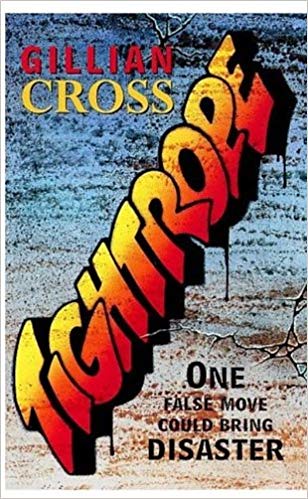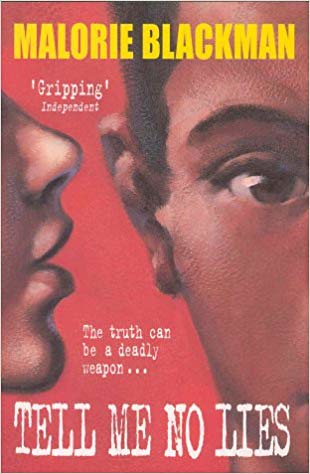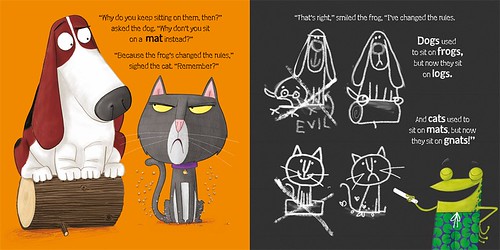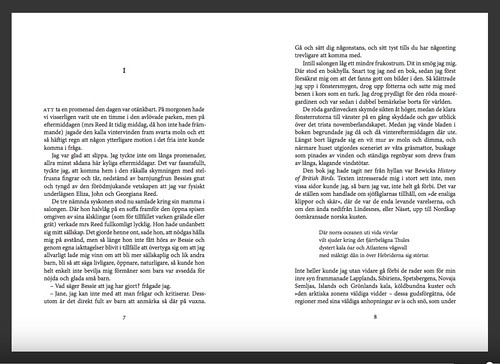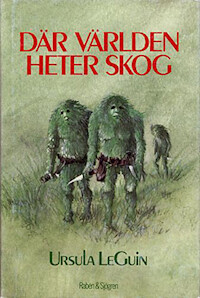The class clown. Most of us had someone like that at school. Maybe you were him or her? Someone has to be, after all.
Or do they?
In Jo Cotterill’s new book Jelly, we meet Angelica, who is a most unusual main character. I’d say more unusual than the non-white main character so many of us want to see more of. Or the character with a physical or mental impairment. It’s easy to lose track of this, but I totally understand Jo’s friend who asked for a fat girl who is happy without losing weight.

So Jelly is overweight, but being fat is not what this book is about. Yes, many fictional characters have something that bothers them, and it’s what sets the wheels in motion as far as plot is concerned. Problem identified and now we will deal with it, which in this case ‘ought to be’ losing weight and ending up perfect and ‘normal.’
What I feel this wonderfully life-affirming story is about, is discovering if you’re hiding behind something, if you don’t let the good things happen to you because you don’t ‘deserve’ it, or you don’t stand up to people who don’t appreciate you.
Jelly is less to do with being fat or clowning about at school. It’s to do with showing a girl that she can be more herself than she believes, and to let her mum know that she should not put up with crappy, badly behaved boyfriends. It’s very feminist, in fact.
There is one of the sweetest love stories in this book; the one when Jelly’s mum meets Lennon. He’s everything that the last boyfriend wasn’t. And Lennon turns out to be good for both of them, seeing who they truly are. We should all have a Lennon in our lives.
The thing is, Jelly can do so much. She is funny and quick-witted, she has good friends. She can do sports, and she is brave, and then there are her secret, and as yet untapped, talents. Jelly looks out for her mum, and when it comes to it, her mum looks out for her.
This is so inspiring. And what made me happy is that at the end of the story Jelly has not shrunk to fit into the clothes at H&M. In any other book she would have.



